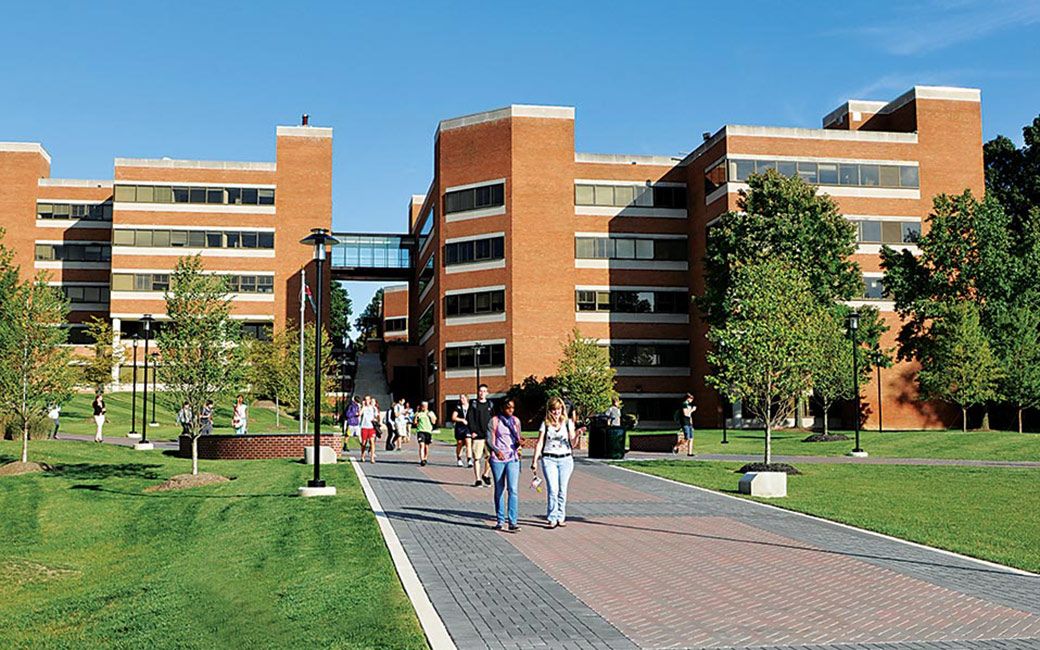TUPD focused on keeping campus safe
Students, faculty and staff are encouraged to train, be aware, and sign up for emergency text alerts
By Ray Feldmann on November 28, 2016

Monday’s events at The Ohio State University served as a sobering reminder of the importance of doing everything possible to keep the Towson University campus as safe as possible. Towson University Police Chief Bernie Gerst emphasized Monday that students, faculty and staff can take some simple steps now to help ensure their safety in the future.
First and foremost, Gerst encouraged members of the campus community to sign up for active shooter and civilian survival training, so if there is ever an incident on campus, people will know how to best react and respond.
“We first offered active shooter training for our police officers in 2005, two years before the terrible tragedy at Virginia Tech,” Gerst said. “We also developed an emergency preparedness video that covered, among other emergencies, what to do in an active shooter situation. We have improved and modified that training through the years, and we now offer a Civilian Response to Active Shooter Events, or CRASE, training course that is built on an ‘avoid, deny and defend’ mentality.
“That’s very similar to the ‘run, hide, fight’ advice that Ohio State officials told their students on Monday,” he noted.
So far, Gerst said, more than 1,500 faculty and staff and 900 students have completed the CRASE training.
Additionally, TU Health Services Director Dr. Matt Goldstein now offers “MAKE IT” training. This newly developed course trains civilians how to treat themselves and others while waiting for medical help to arrive following an active shooter type of event.
“Often first responders aren’t able to tend to the injured and wounded because they are actively engaged in finding the shooter or shooters,” Gerst said. “Until it’s safe for medical personnel to get to the victims, there are measures that victims can take on their own.”
In addition to offering CRASE and MAKE IT training, TUPD has participated in numerous drills and exercises in conjunction with Baltimore County police and fire officials to test systems, processes, and human responses under real-life threat conditions. Gerst also meets regularly with senior university officials to discuss emergency preparedness best practices, including family assistance centers, a hospital liaison program and debriefing centers.
The university is also making physical plant changes to help safeguard students, faculty, and staff in classrooms, residence halls, and other campus buildings.
“We are investing significant resources to survey each building on campus and identify those doors that are incapable of being locked from inside,” Gerst said, “and we are systematically installing replacement hardware to allow for that door locking capability.”
Gerst said the university has a number of safety measures already in place to assist in reacting and responding to many emergencies, including active shooter situations. Those measures include an internal public address system, external siren and public address system, a digital signs messaging system, and text alerts.
Students, faculty and staff are strongly encouraged to register for the university's emergency notification and test alert system. It is the safest way to ensure that you receive critical university notifications on safety issues, school closings and weather alerts, Gerst said.
TUPD was the first four-year institution in Maryland to receive accreditation by the International Association of Campus Law Enforcement Agencies (IACLEA). Less than five percent of the more than 1,000 IACLEA member colleges and universities have received the accreditation. TUPD is also the only police department in the state to have dual IACLEA-CALEA (Commission on the Accreditation for Law Enforcement Agencies) accreditation.